Researchers from the Universities of Dundee and Bath are working with collaborators in India to develop environmentally friendly cement using waste materials such as rice husks.
The researchers have been working as part of a UK-India Education & Research Initiative (UKIERI) project, led by the University of Dundee, on how to reduce the carbon footprint of cement, which contributes to around five per cent of global CO2 emissions.
Portland cement, a major constituent of concrete, is made by heating limestone with clay at high temperatures, a process that produces approximately one tonne of carbon dioxide for every tonne of cement made.
The researchers are looking into ways of reducing this carbon footprint by replacing part of the Portland cement with waste materials such as fly ash from burning coal, slag from iron works and even rice husks.
Dr Moray Newlands and Professor Ravindra Dhir, from the Concrete Technology Unit at Dundee and Dr Kevin Paine, from the University of Bath's Department of Architecture & Civil Engineering, have recently returned from a UKIERI meeting in Punjab, India, where they presented their latest research and shared ideas with colleagues to develop new types of cement with a lower carbon footprint.
Dr Paine explained: "Concrete is the second most used material in the world after water, and so reducing the CO2 emissions produced by it could make a real difference to climate change.
"India’s infrastructure is developing rapidly and it is the second largest producer of cement in the world, after China. Therefore this collaboration with Indian research institutes is developing the new technologies in the countries where it’s most needed.
"There’s no single perfect replacement for Portland cement - instead we are looking into a number of ‘green’ cements that use different waste materials depending on what is locally available. For example, in India you might burn rice husks to make silica to mix with the cement; in the UK you might use fly ash made from burning coal."
Dr Newlands added: "The scale of the problem facing infrastructure development in India and the UK means that collaboration between a number of institutions is the only way to reach our goals. We have to look at the environmental challenges collectively to make a meaningful impact."
Dundee’s Concrete Technology Unit conducts fundamental and applied, multi-disciplinary research to assist the concrete construction industry in becoming more innovative, competitive and environmentally sustainable.
Dr Paine worked at the Unit before moving to Bath in 2007. He continues to collaborate with colleagues at Dundee, testing the durability of concrete made with different cements under a range of environmental conditions.
Dr Newlands’ research is concerned with utilising waste materials as alternative cements in concrete and establishing long term durability of infrastructure.
The two universities are planning to host undergraduate students from India this summer as part of the continuing UKIERI collaboration.
(GK)
Construction News
14/04/2010
'Green' Rice Husk Cement Developed
.gif)
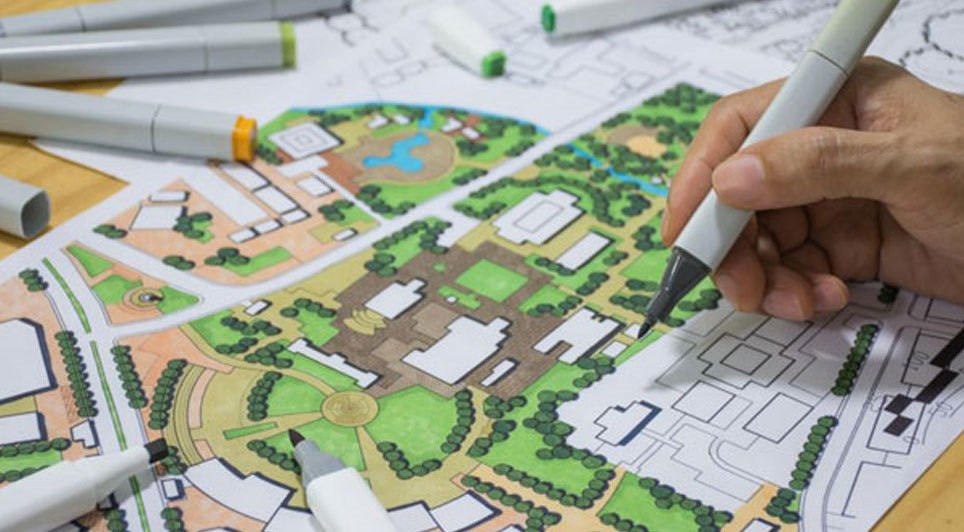
16/04/2025
Construction work on the £5 million repair and refurbishment project at the Loch Centre in Tranent is scheduled to commence in June 2026.
East Lothian Council has announced the anticipated start date for the significant upgrade to the well-used community facility.
Under the current timetable, the
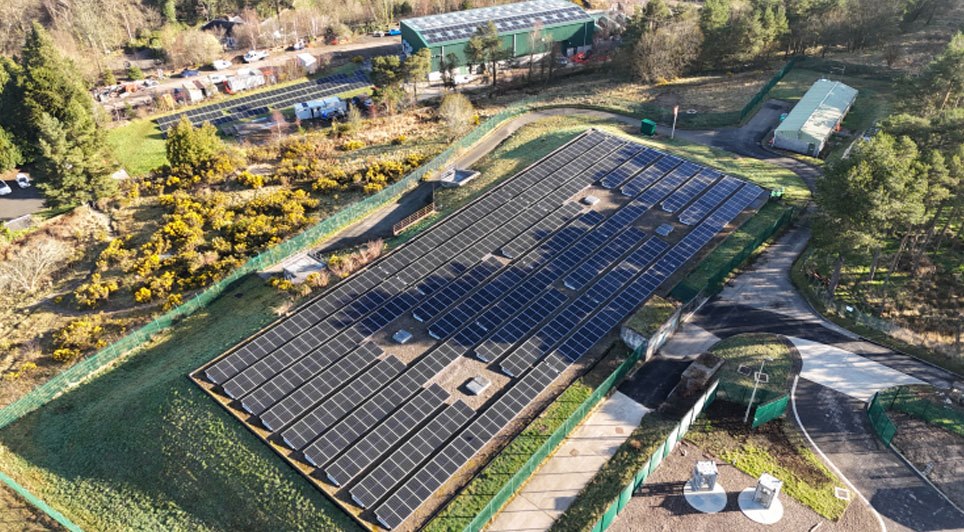
16/04/2025
A £636,000 project to install solar panels at the Gorbals water pumping station in South Ayrshire has been successfully completed.
The scheme aims to provide a renewable energy source for pumping water to thousands of customers in the region.
The project involved the installation of 793 solar pan

16/04/2025
A planning application has been lodged with Glasgow City Council by The JR Group, acting on behalf of Wheatley Group, for the construction of 29 much-needed affordable homes in the Baillieston area of the city.
The proposed development on Caledonia Road will offer a mix of one- and two-bedroom apa

16/04/2025
Residents in 20 blocks of flats across Coatbridge are already experiencing the positive impacts of a recently completed, ambitious energy efficiency refurbishment project.
The extensive construction work has delivered significant improvements to the properties, including the installation of cavity
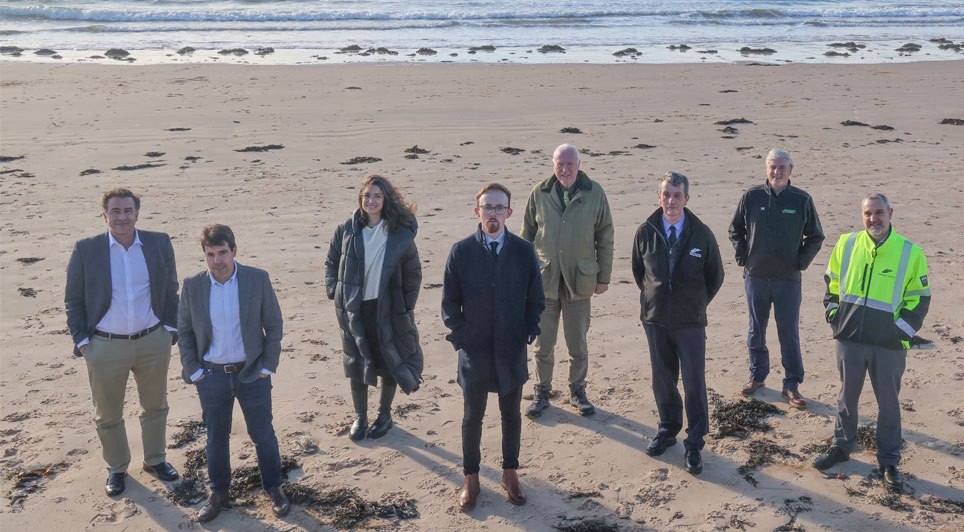
16/04/2025
Ground investigation works are commencing this month at the proposed site for Orkney Islands Council’s Scapa Deep Water Quay at Deepdale in Holm.
These initial investigations will be followed by marine-based site investigation works scheduled to begin in June.
These works form part of the Pre-Con
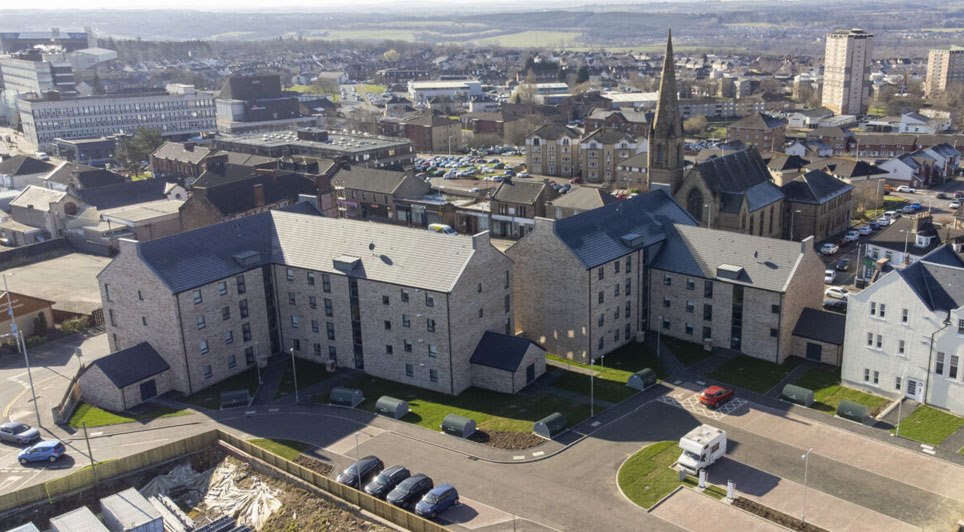
16/04/2025
Construction work has been finalised on a significant new housing development in Motherwell town centre, delivering 42 newly built, highly energy-efficient flats alongside the respectful conversion of the B-Listed YMCA building into a further six homes. The project, part of North Lanarkshire Council
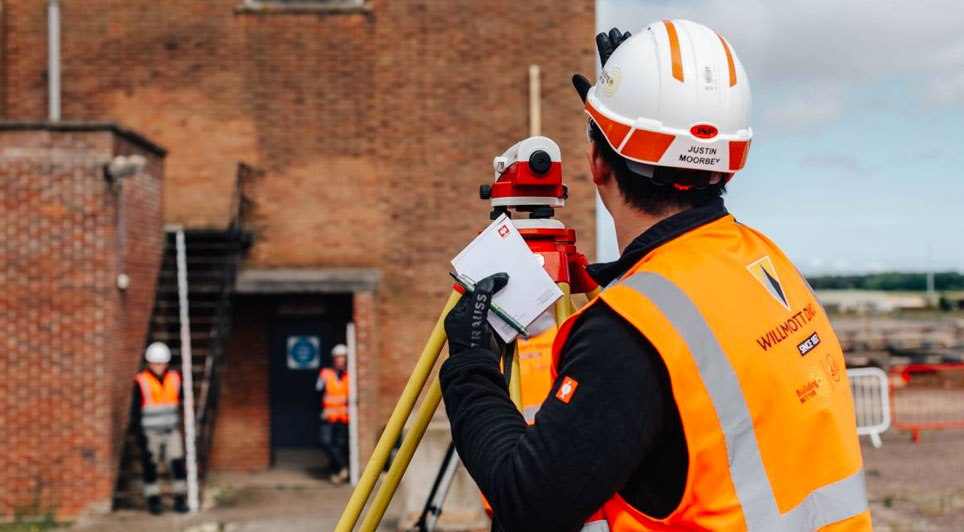
16/04/2025
The Construction Industry Training Board (CITB) has today released its year-end performance data for its New Entrant Support Team (NEST), revealing a significant increase in apprenticeship starts. During the financial year 2024-25, NEST supported 4,128 individuals in commencing apprenticeships, a su
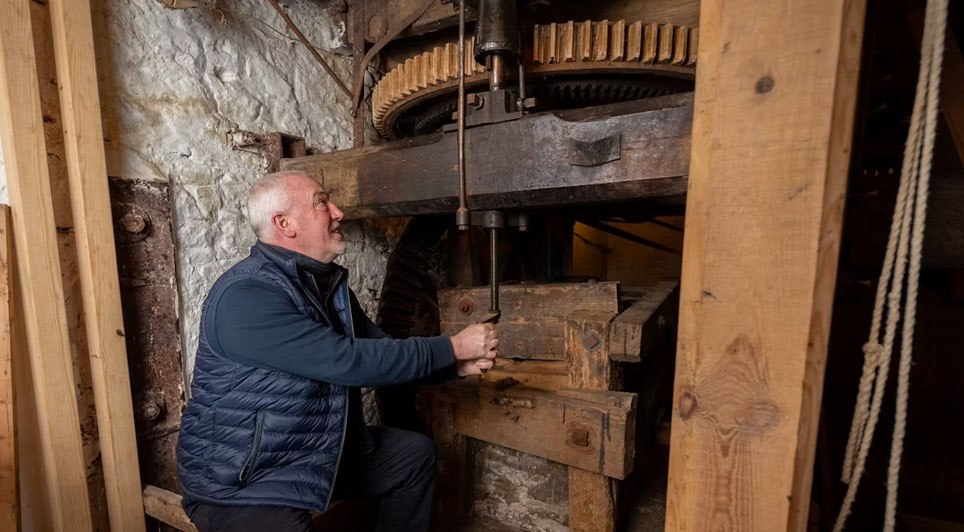
16/04/2025
A water-powered mill in Angus is set to grind grain once again after receiving a record-breaking donation to fund its restoration.
The National Trust for Scotland has announced that a long-time member of the conservation charity has gifted an incredible £2.4 million, one of the largest single dona

15/04/2025
Construction of a £70 million student accommodation development at 292-298 St Vincent Street in Glasgow has reached a significant milestone, with the building now visibly rising from the ground.
Drone footage has captured the progress of the project, which is a partnership between developer Artisa

15/04/2025
Energy regulator Ofgem is expected to confirm today (April 15) its finalised Connections Reform process, designed to expedite grid connections for renewable energy projects that are ready and crucial for achieving the UK's clean power targets for 2030 and beyond.
The new connections system, anticip
 Scotland
Scotland UK
UK Ireland
Ireland London
London











